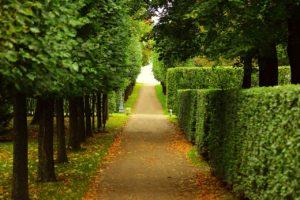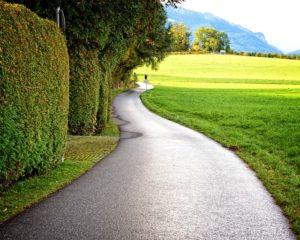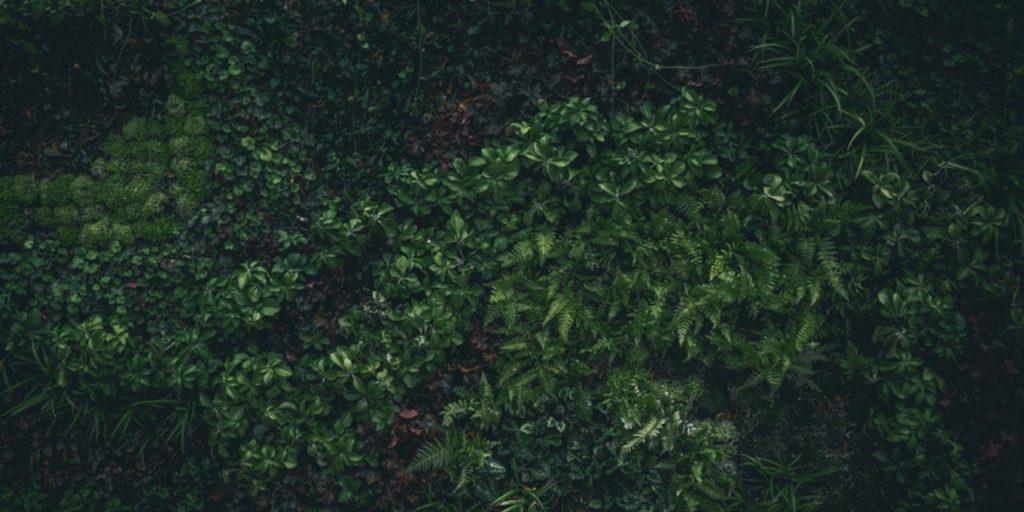“Good fences make good neighbours” goes the old saying, and while a fence can indeed make a good neighbour, sometimes it doesn’t make for a very pretty one. Fences can seem cold and sterile, and you might not want to see one directly outside your window. Depending on the material, they can also be pretty transparent, keeping people out physically but letting their eyes roam all over your property.
Privacy plants are a great way to enhance your landscaping while acting as barriers that don’t really look like barriers. Here’s what to consider when planning out your privacy shrubs!
Choosing Between Privacy Trees or Privacy Shrubs As A Barrier

Choosing the best privacy plants depends on what you want to use the barrier for, what you want it to look like, and how much maintenance you’re okay with undertaking. The choices can be fairly difficult: evergreens, for example, provide year-round screening and act as a firmer barrier to noise and weather, but deciduous trees have a wider variety of colours and looks that can go with your landscaping.
You also have to figure out the width and height of your barrier. Your plans should have an area with the adequate width so that you’re not encroaching on your neighbours property, and if you’re planting privacy trees, you’re going to need as much space as possible (unless you want to rake their yard!). Try and visualize the height of the barrier by having a person stand on a ladder. Width and height will be some of the biggest factors in determining what species you’ll plant.
Many homeowners want fast-growing species, for the obvious reason that they want their privacy right away. If you’re a bit impatient for a naturally-grown barrier, some species are better than others.
The Best Privacy Plants
- Boxwood Shrub: This evergreen might be the most popular of all hedge plants, and with good reason. It can be constantly recut and sheared, holds its shape well, and has a width and height range for every yard – the various species can be anywhere between 1 and 20 feet high, and 2 to 8 feet wide. Boxwoods might have the best shape of all the plants on the list! Just remember that it doesn’t do well in standing water and loves good drainage.Best features: comes in a variety of widths and heights, making it very versatility; height
- Evergreen Trees: A good conifer, like the American Arborvitae or Green Giant Aborvitae, can grow up to 60 feet tall and grow very rapidly. Their dense foliage makes them ideal barriers, and they can look quite majestic, too! You just need the space for them!Best features: height; density; growth speed
- Privet: This yellow-green hedge plant has dense foliage, can grow up to 10 to 12 feet high, and is drought-resistant, making it an ideal shrub for any environment. Privet is quite lovely to look at, especially in spring when it flowers, but word of warning: the berries are poisonous, so maybe consider something else if you have pets or small children. It is also deciduous, so it will shed its leaves each year.Best features: density, versatility, aesthetics
- Juniper: This coniferous plant comes in a wide range of shapes and sizes, meaning there are species of juniper for every situation. It can grow up to 20 feet! You won’t have to worry about drought or animals eating away a juniper hedge, but they do require a lot of sunshine; otherwise, they’ll grow patchy and loose, giving them an unappealing look.Best features: versatility
 More Than Just Privacy
More Than Just Privacy
Privacy plants have more benefits than seclusion. They can act as a muffler for your yard, reducing incoming (and outgoing) noise; in winter, thick hedges create an obstacle from harsh weather, protecting your backyard and property from winds and snow; and plants simply look nicer for you, shielding your view from large buildings, industry, and other things you have no real control over.
If you’re looking to install the perfect plant barriers, contact us today! We’ll work with you to choose the best plant for all your needs, and make sure that it gives you the privacy you deserve.

